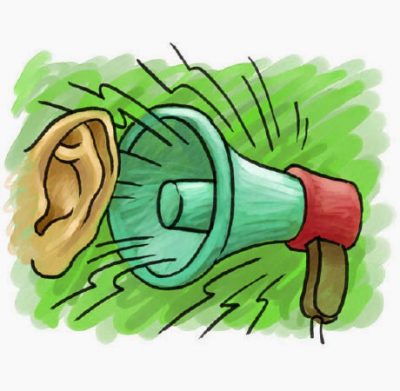Responding to Agitation and Aggression in persons living with Dementia
Agitation and Aggression- Individuals with dementia frequently become restless, anxious, or upset you may see a resident pacing, moving furniture or objects, talking to themselves, yelling or swearing. These behaviors can escalate to aggressive behaviors like, threatening or causing harm to another by pushing or hitting, cornering another resident or staff, or even throwing objects or food. And unfortunately, aggression among people with dementia can happen suddenly and seemingly without warning.






